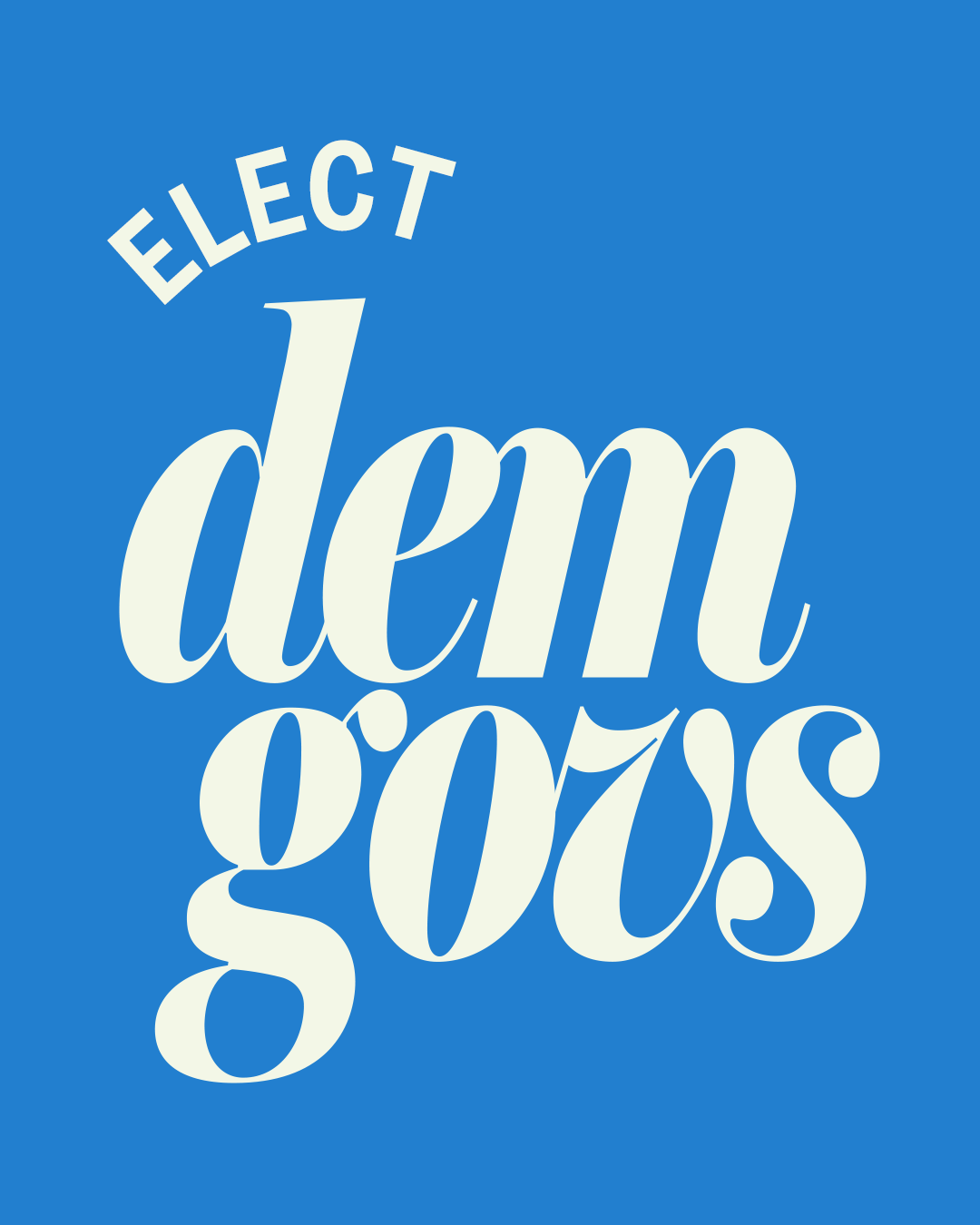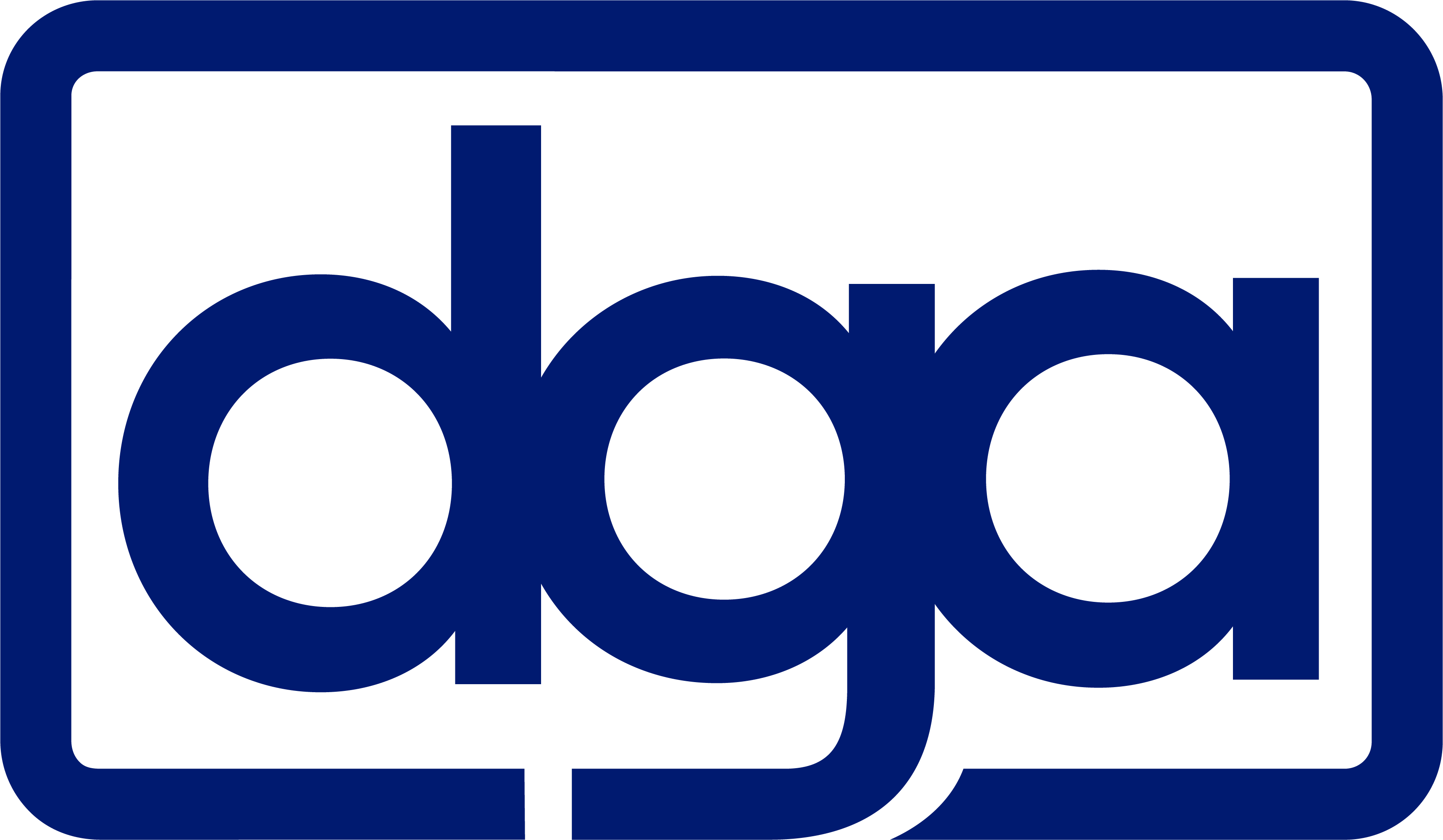
Chip in today to elect Dem govs >>
Democratic governors are leading in the fight against Donald Trump. With our two historic victories in Virginia and New Jersey, grassroots momentum is on our side! But this year, nearly 80% of the country is voting for a governor – and with Republicans already investing to beat Dem govs, early support has never been so critical. Will you donate to elect more Democratic governors who will defend our rights and freedoms and stand up to Trump?
MEMORANDUM: Big Win for DGA in Louisiana
TO: Interested Parties
FROM: Jared Leopold, DGA Communications Director
DATE: November 21, 2015
RE: Big Win for DGA in Louisiana
Today, Democrats pulled off a tremendous upset in Louisiana – a victory few could have imagined months ago. John Bel Edwards will be governor of a state that voted for Sen. Bill Cassidy by a 12 point margin last year, voted for Mitt Romney by a 17 point margin in 2012, and voted for Gov. Bobby Jindal by a 48 point margin in 2011.
Based on this recent history, nearly every political analyst in Louisiana and nationally had predicted an easy win for Republicans. The three largest gubernatorial campaign ratings organizations – Cook, Rothenberg and Sabato – had all ranked Louisiana as Likely R or Safe R earlier this year. Analysts described the race as having “the hallmarks of a coronation,” and being “almost impossible for a Democrat to win,” and described Vitter as the “inevitable governor.” Even Vitter himself had started measuring the drapes, telling Gannett News Service in July that he aimed to pass Senate legislation this year, because “I’m not going to be here next year.”
So, how did Democrats pull off this upset?
Democrats benefitted from a surprising perfect storm with 3 key factors: a bruising primary that further damaged David Vitter’s favorability, an unpopular Republican incumbent governor, and a strong Democratic candidate in John Bel Edwards.
By October 24, David Vitter was being dragged down by 3 powerful forces: His primary opponents, Gov. Bobby Jindal, and the man in the mirror.
But Vitter still had a path to victory in a decidedly red state.
Today, John Bel Edwards is governor-elect because the Edwards campaign and the DGA acted nimbly to take advantage of this perfect storm and propel Edwards to victory. Democrats had a strong candidate who drove a clear contrast in a red-state race, and benefitted from targeted DGA investment in the runoff to ensure the race remained a referendum on David Vitter.
Governor-elect John Bel Edwards won this race with an aggressive and savvy campaign that relentlessly focused on the clear contrast of the election: character. A graduate of West Point who served as an Army Ranger in the 82nd Airborne and the state legislature, Edwards had the leadership experience and character to bring about a change from the unpopular Jindal administration and its reckless budgets. And voters trusted him as the right person to handle the tremendous budgetary mess that Louisiana faces.
The Democratic Governors Association made its largest-ever investment in Louisiana, strategically spending more than $2 million at a critical time to help propel Edwards to victory.
The primary election was a referendum on David Vitter and his character. Starting on Monday after the primary, the DGA began contributing to Gumbo PAC.. The DGA’s investment ensured that the runoff election stayed focused on Vitter’s record from day one – and that he could not change the topic. Gumbo PAC’s ads relied on first-person testimonials from Louisiana Republicans against Vitter – a sharp contrast with the boilerplate DC-style RGA ads.
The DGA also contributed key staff resources, which helped the state party raise money and build and implement an unprecedented field organization. The DGA sent Louisiana political veteran Scott Arceneaux to Louisiana for the runoff to help with every facet of the effort – from fundraising at the state party to get-out-the-vote – and provided key support to the party’s communications effort. The DGA also worked hand-in-hand with the DNC and the Louisiana Democratic Party. The DNC provided on-the-ground communications and research staff, and support from its tech and digital teams.
While the DGA’s independent expenditure supported the air cover to keep Vitter on defense, the DGA and its allies provided the staff on the ground to put the Edwards campaign over the top.
John Bel Edwards emerged victorious today for 3 main reasons:
- John Bel Edwards was a strong candidate who was prepared to take on Vitter
- The DGA invested smartly to keep the race as a referendum on Vitter
- Gubernatorial elections differ from federal elections; voters trusted Edwards as their next governor
Edwards: A strong candidate
John Bel Edwards was a strong candidate with a biography that fit the state of Louisiana and defined him as an appealing candidate to Democrats, Independents and Republicans alike.
While the Republican candidates were tearing each other apart in the primary, Edwards ran strong biographical ads that laid the groundwork for an implicit contrast on the issue of character.
“Samantha” told the story of the Edwardses’ daughter born with spina bifida, while “Honor Code” discussed Edwards’s values and his service at West Point. During the lower-profile primary, Edwards was able to establish himself as a trustworthy candidate with strong values – a clear contrast to David Vitter.
These ads also set up Edwards as a credible messenger for the most potent candidate ad of 2015: Edwards’s “The Choice.” That ad – followed by two strong debate performances in which Edwards relentlessly focused on character – kept the focus of the race on David Vitter’s trust gap in the critical closing weeks.
Edwards emerged from the primary with strong favorability ratings, while David Vitter’s were upside down, according to public polling and Democratic internal polling. In these polls, Edwards also held high ratings for key character traits including sharing values, having the right priorities and being an effective governor. And, Edwards held all of these positive ratings even after $1 million in RGA spending on anti-Edwards ads in the primary.
Smart DGA Investment Was Key to Edwards’s Win
John Bel Edwards emerged from the primary with 40 percent of the vote – and with a major target on his back.
The primary campaign had been a 3-on-1 tag-team fight against Vitter, but Vitter was preparing for a 1-on-1 match against a Democrat – the kind of fight a Republican usually wins in Louisiana.
While the primary was a referendum on Vitter’s character, Republicans were prepared to make the runoff into a referendum on John Bel Edwards and the national Democratic party. Vitter, his super PAC and the RGA had all turned their focus to Edwards.
Meanwhile, the Angelle and Dardenne super PACS – which spent millions in the primary attacking Vitter – disappeared on October 25.
That’s when the DGA came in. Starting the Monday after the primary, the DGA invested $2 million that enabled anti-Vitter forces to keep the campaign focused on Vitter and his character. Without that DGA investment, there would have been virtually no money for anti-Vitter ads for the first weeks of the 4-week runoff, and Vitter would have easily been able to pivot the focus of the race.
The DGA’s contribution of more than $1 million in the first two weeks enabled Democrats to nearly match spending with Republicans in the first two weeks of the runoff, and to later eclipse Republicans in the final two weeks [see chart below]. More significantly, it ensured that the defining issue of the primary – David Vitter’s character – did not vanish from the airwaves in the runoff.

The Gumbo PAC ads effectively kept the focus on Vitter’s character and kept the Republican on the defense. The ads delivered the message on Vitter using compelling local real people — most of whom were Republican – to speak to swing voters.
Gumbo PAC’s first ad, “Stain,” featured the words of Republican gubernatorial candidates Scott Angelle and Jay Dardenne attacking Vitter. The second spot, “Will Not,” featured testimonials from Louisiana registered Republicans explaining why they would not vote for Vitter. And the third ad, “About the Individual” featured Republican Sheriff Newell Normand saying “David Vitter is all about David Vitter. He’s not about anybody else.”





Seeing opportunity, the DGA invested significantly in the closing weeks of the race, allowing Gumbo PAC to outspend the RGA by 54% during the runoff, according to media-buying data. Most importantly, Gumbo PAC doubled the RGA in the 2nd to last week and nearly tripled the RGA in the final week. These investments were critical as voters were making last-minute decisions in the politically charged time after the Paris terrorist attack.

Governors Races Are Different
While federal elections have become more polarized in recent years, governors’ elections can more easily buck the trends of partisanship.
Since 2004, Republicans have won 6 of 7 statewide federal elections – including a double-digit win last year for Sen. Bill Cassidy. But this year, Louisiana elected John Bel Edwards as governor.
An analysis by FiveThirtyEight found that “voters are still willing to buck the party line in gubernatorial races much more so than in Senate elections.”
That’s because gubernatorial elections are not about one vote in Congress, they’re about who voters trust to be chief executive of their state. When it comes to governors’ races especially, candidates and campaigns still do matter.
As NPR wrote: “State races have proven to be within reach of Democrats as compared to federal contests, if they have the right kind of candidate.”
John Bel Edwards was the right candidate, and he clearly won on the issue of character.
Today’s victory is a major win for Democratic governors. With strong candidates heading into the rest of the 2015-2016 cycle, Democrats will be in a good position to continue that successes – in blue, purple and red states alike.

